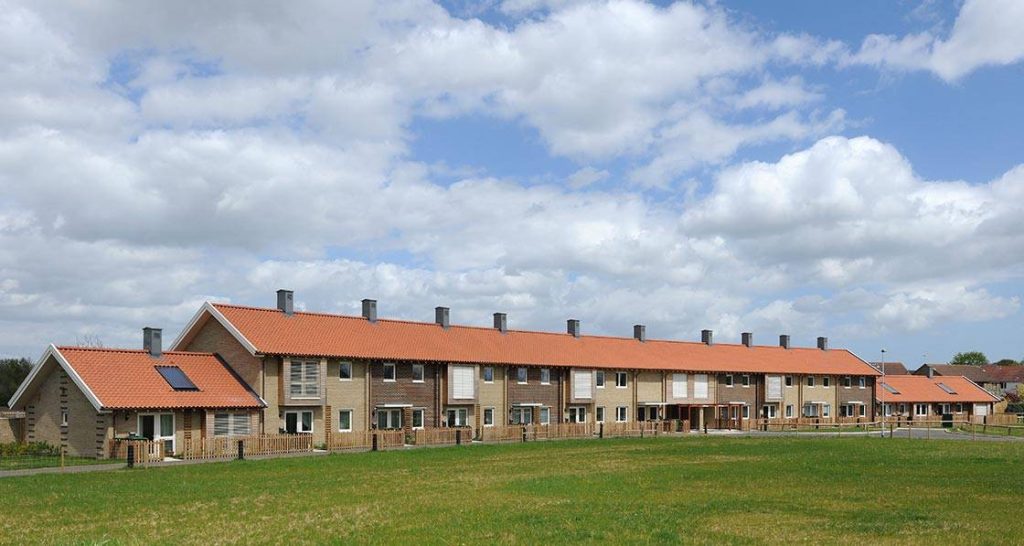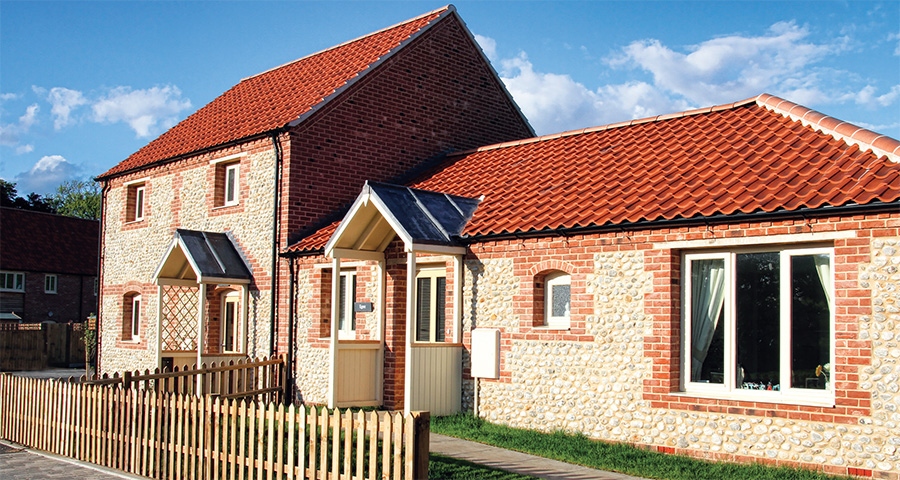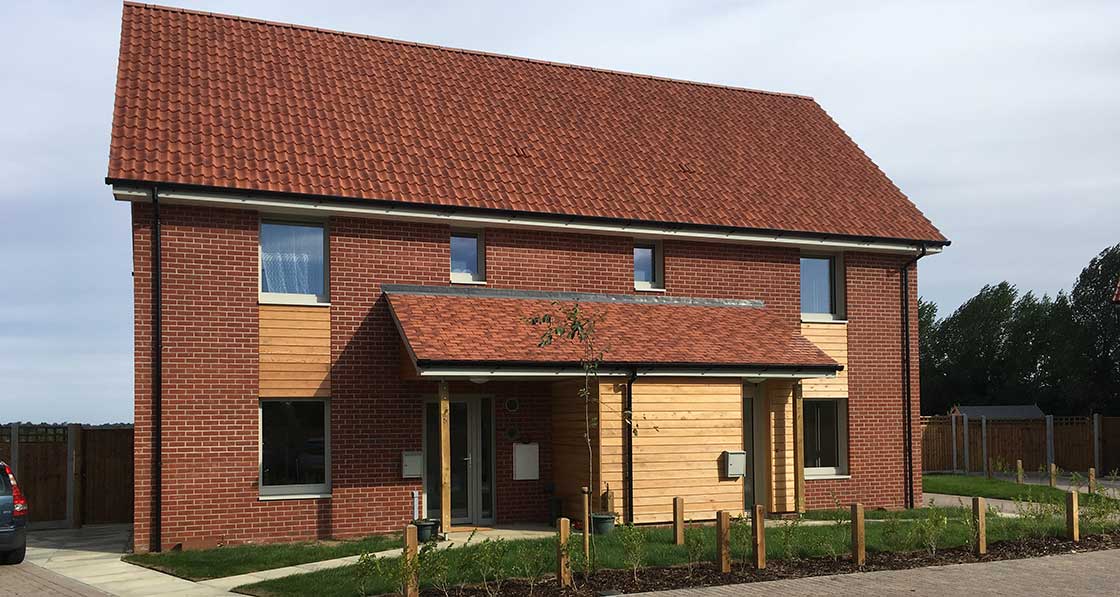Choosing between Ytong, Celcon, and Thermalite blocks depends on how good they keep things warm, how strong they are, how easy they are to put in, and how much they cost. Ytong (AAC) keeps things really warm and quiet because of the air inside it. It costs a bit more but is light and quite strong, plus it’s good against fire. Celcon blocks are very strong and good for heavy stuff. They’re okay at keeping things warm and safe from fire and cost in the middle.
Thermalite blocks are kind of in the middle for cost and have okay warmth and strength, but not as good as Ytong. Choose Ytong for super warmth, Celcon for strong jobs, and Thermalite for a good mix of price and quality. Talk to building experts before picking one for your project.
Ytong! Lightweight and Insulating

Ytong, also referred to as autoclaved aerated concrete (AAC), stands out in the construction industry for its unique composition and properties. Let’s delve deeper into the intricacies of Ytong, highlighting its characteristics and benefits:
Composition and Manufacturing Process
Ytong is primarily composed of sand, lime, cement, and water, with the addition of an aerating agent. The manufacturing process involves mixing these materials together and introducing a foaming agent or aerating agent, such as aluminum powder, into the mixture. This addition triggers a chemical reaction that generates hydrogen gas, resulting in the formation of numerous tiny air bubbles within the concrete mixture.
The aerated concrete mixture is then poured into molds and subjected to high-pressure steam curing in an autoclave, a process known as autoclaving. During this curing process, the mixture undergoes heat and pressure, which promotes the formation of calcium silicate hydrates, enhancing the material’s strength and creating a porous structure filled with air voids.
Exceptional Thermal Insulation
One of Ytong’s standout features is its exceptional thermal insulation capability. The presence of numerous air voids within the material acts as insulating pockets, reducing heat transfer through conduction.
These air pockets provide a barrier against temperature fluctuations, helping to maintain a consistent and comfortable indoor environment. As a result, buildings constructed using
Ytong blocks require less energy for heating or cooling, contributing to significant energy savings over the building’s lifespan.
Lightweight Nature
Ytong’s aerated structure makes it significantly lighter compared to traditional concrete blocks of similar size. Despite its reduced weight, Ytong maintains robustness and structural integrity, offering strength while allowing for easier handling and installation.
This characteristic not only simplifies transportation but also facilitates quicker and more efficient construction processes, reducing labor costs and construction timeframes.
Ease of Workability
Ytong’s lightweight nature and composition contribute to its ease of workability. It can be easily cut, shaped, and manipulated on-site using standard tools, allowing for precise customization to fit specific design requirements.
This versatility in handling makes it a preferred choice for builders and contractors seeking swift construction without compromising on structural integrity or quality.
Celcon! Strength and Versatility
Celcon blocks, crafted from aircrete, represent a construction material highly regarded for its robustness, adaptability, and multiple applications within the building industry. Let’s delve deeper into the intricacies of Celcon blocks, focusing on their characteristics and advantages:
Composition and Manufacturing Process
Celcon blocks are composed of aerated concrete, a material formed by mixing cement, pulverized fuel ash (PFA), lime, sand, and aluminum powder. The combination of these ingredients creates a lightweight yet dense structure.
During the manufacturing process, aeration agents are introduced into the mixture, resulting in the formation of numerous tiny air pockets within the concrete, similar to Ytong, but with differences in composition.
Strength and Density
Celcon blocks are recognized for their dense structure, providing exceptional strength while maintaining a relatively lightweight profile. This unique composition results in blocks that offer robust structural support, making them suitable for load-bearing walls in various construction projects.
Despite their density, Celcon blocks are easier to handle and transport compared to conventional solid concrete blocks, simplifying construction processes.
Fire Resistance and Durability
One of Celcon’s notable features is its excellent fire resistance. The material’s composition and dense structure contribute to its ability to withstand high temperatures, making it a preferred choice for fire-rated walls and structures.
Additionally, Celcon blocks are durable, capable of enduring various environmental conditions without compromising their structural integrity, ensuring long-term reliability in construction projects.
Versatility in Sizes and Strengths
Celcon blocks are available in a range of sizes and strengths, offering versatility in construction design and meeting diverse structural requirements. Builders and architects can select from different block sizes and strengths based on the specific needs of the project.
This flexibility allows for the creation of varied architectural designs and structural configurations, enhancing the overall versatility of Celcon blocks in construction.
Ease of Use and Compatibility
Celcon blocks are known for their ease of handling and compatibility with various building methods. Their lightweight nature simplifies transportation and on-site manipulation, enabling swift and efficient construction processes.
Whether using traditional masonry techniques or modern building methods, Celcon blocks integrate seamlessly, making them a popular choice among builders, contractors, and architects seeking convenience and reliability in construction materials.
Thermalite! Superior Thermal Performance
Thermalite blocks are renowned for their exceptional thermal performance and are highly regarded within the construction industry for their insulating properties and various other advantageous features. Let’s explore these characteristics in greater detail:
Composition and Manufacturing Process
Thermalite blocks are primarily composed of lightweight aggregates, which can be either aerated concrete or gypsum-based material. The manufacturing process involves mixing these lightweight aggregates with cement, water, and sometimes an aerating agent. This mixture is then molded and cured to create blocks with a porous structure filled with air voids.
Superior Thermal Insulation
Thermalite blocks excel in providing excellent thermal insulation. The presence of numerous air voids within the material acts as insulating pockets, impeding the transfer of heat through conduction. This results in a building material that helps regulate internal temperatures effectively, contributing to a more comfortable indoor environment.
By reducing heat loss or gain, Thermalite blocks aid in energy conservation, thus lowering heating and cooling costs over time.
Strength and Lightweight Nature
Despite their lightweight composition, Thermalite blocks offer commendable strength, making them suitable for various construction applications. Their reduced weight facilitates easier handling and installation, reducing labor efforts and construction timeframes.
Builders and contractors find these blocks convenient to transport and maneuver on-site, enhancing construction efficiency.
Different Densities and Structural Adaptability
Thermalite blocks are available in different densities to accommodate specific structural requirements. This variability allows for customization based on the demands of the project.
Whether it’s load-bearing walls or partitions, builders can select Thermalite blocks with the appropriate density to meet the structural needs of the construction.
Fire Resistance and Sound Insulation
Thermalite blocks are recognized for their notable fire resistance capabilities, providing added safety in building construction. The material’s composition and structure contribute to its ability to withstand high temperatures, enhancing its suitability for fire-rated walls and structures.
Additionally, Thermalite blocks offer decent sound insulation properties, contributing to a quieter indoor environment by minimizing noise transmission between spaces.
Choosing the Best Option

Selecting the ideal solid wall block depends on various factors, including thermal performance, strength, ease of installation, cost-effectiveness, and project requirements.
Thermal Performance
For projects prioritizing superior thermal insulation and energy efficiency, Ytong and Thermalite blocks emerge as top choices. Their exceptional insulating properties help regulate interior temperatures, reducing dependency on heating or cooling systems.
These blocks minimize thermal bridging and heat transfer, enhancing the building’s energy efficiency and occupants’ comfort.
Structural Strength and Versatility
If the primary concern revolves around structural strength and adaptability, Celcon blocks shine due to their robustness and versatility. Celcon blocks offer reliable load-bearing capacity and structural support, making them suitable for various construction applications.
Their strength allows for flexibility in design and construction, catering to diverse project needs.
Project Timeline and Labor Costs
Considering the project timeline, labor costs, and ease of handling during construction is crucial. Ytong’s lightweight nature contributes significantly to faster installation, potentially reducing labor expenses. Its ease of manipulation allows for swift construction processes, aiding in meeting project deadlines without compromising quality.
Cost-Effectiveness
Assessing the cost-effectiveness of each material relative to its benefits is essential. While Ytong and Thermalite blocks offer superior thermal insulation, Celcon blocks strike a balance between strength and affordability. Builders and project managers should weigh the upfront costs of these materials against their long-term benefits, including energy savings, maintenance costs, and overall durability.
Project Requirements
Understanding the specific requirements of the project is paramount. Factors such as load-bearing capacity, fire resistance, sound insulation needs, design flexibility, and local building regulations should be considered. Each material’s characteristics and performance attributes should align with the project’s demands and compliance standards.
Final Words
In conclusion, Ytong, Celcon, and Thermalite are all formidable contenders in the realm of solid wall block materials. Each possesses distinct advantages, whether it’s Ytong’s exceptional thermal insulation, Celcon’s strength and versatility, or Thermalite’s superior thermal performance. The choice ultimately depends on the specific needs of your construction project, balancing factors such as insulation requirements, structural strength, ease of installation, and budget constraints.
By considering these aspects, you can unveil the best-suited building material for your construction endeavor, ensuring a durable, efficient, and cost-effective outcome.











